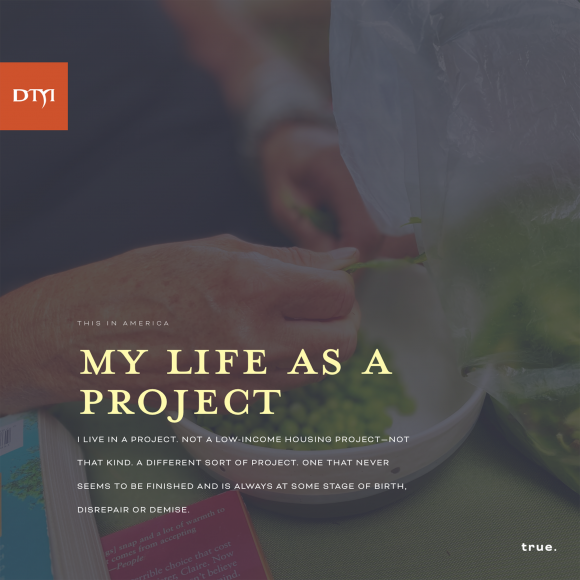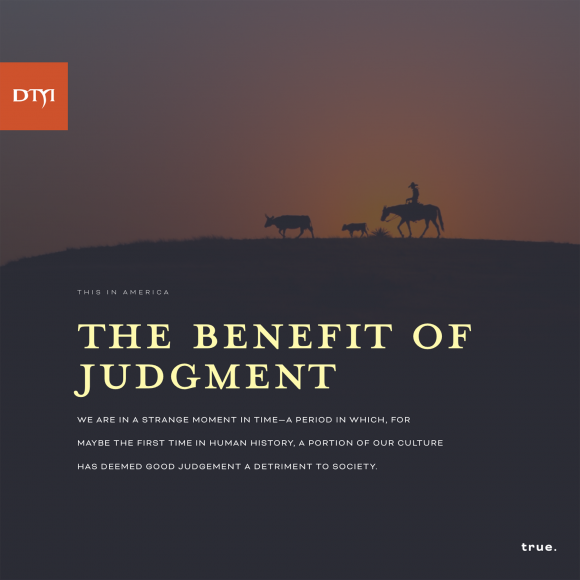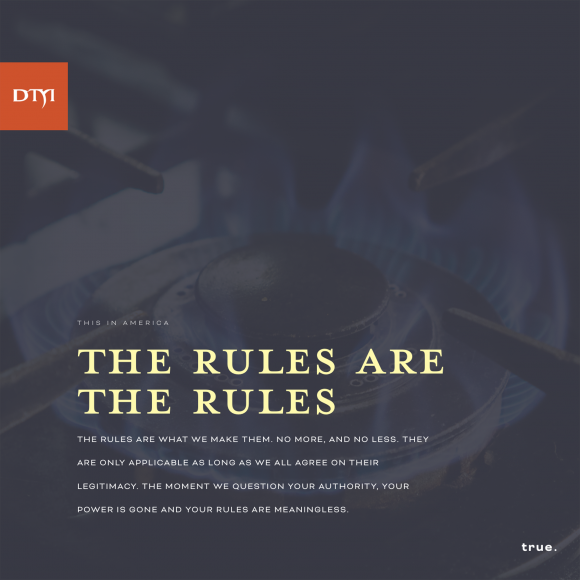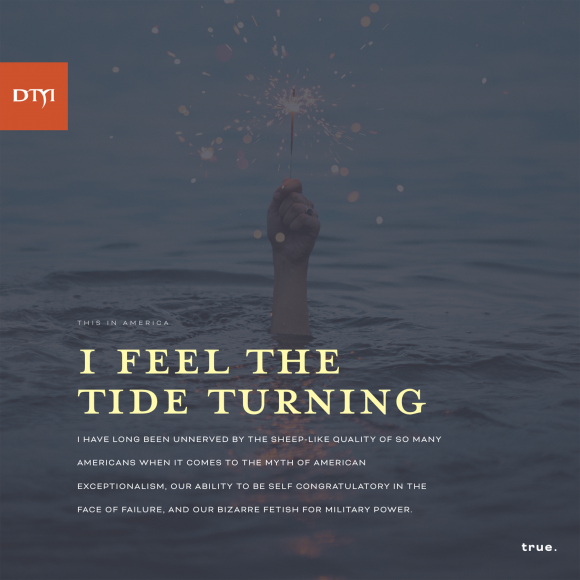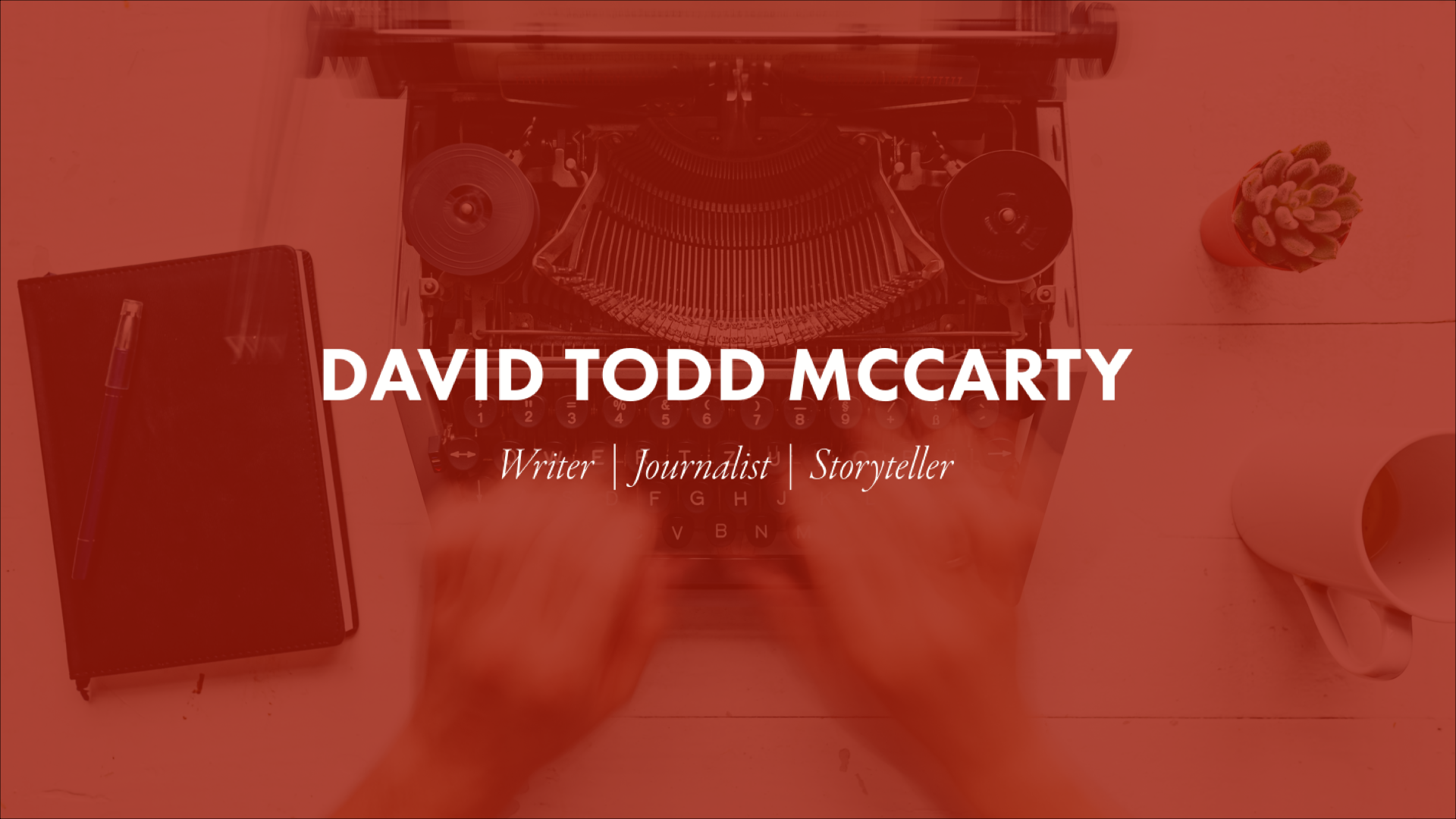
In American culture, we have a tradition of equating power with heartlessness. We have grown to expect our leaders to have a no-nonsense, logical approach to solving problems without allowing their emotions or personal histories to influence them. The accepted theory is that it takes strength to make the hard decisions and that we can’t expect to be ruled by our emotions when making tough choices.
Science, if you actually believe in such things as logic and hard truths, tells a different story about how we make decisions. In 1995, Antonio Damasio, one of the world’s leading neurologists, challenged traditional ideas about the connection between emotions and rationality. In his book “Descartes’ Error: Emotion, Reason, and the Human Brain,” Damasio demonstrated what many had long suspected, that emotions are not a luxury, they are essential to rational thinking and to normal social behavior.
One of the stories in the book was of a man who had a brain tumor. Doctors were able to remove the tumor and the patient fully recovered, seemingly perfectly healthy in every way, except one. The part of his brain that controlled emotions had been damaged, such that he no longer had any contact with his emotions. You would think, based on our prevailing thinking regarding emotions as an impediment to rational thought, that this would be a significant aid to decision making. Turning him into a Star Trek-like Vulcan human computer, able to use logic without all that emotional baggage.
The opposite turned out to be true and the man’s life fell apart. Why? Because he found himself unable to make even the simplest decisions of what to wear and what to eat, let alone larger issues. With no emotional reference or grounding, he was overwhelmed by possibilities. Logic didn’t apply. There was no filter for all the input. It was all just endless data. He became paralyzed by indecision.
“My religion is kindness.” ― Dalai Lama
As it turns out, emotion is a crucial component of critical thinking and decision-making. We can’t use logic without emotion, as they are intertwined. Which means we make decisions based on what we feel and not just what we think. And if that’s true, then making decisions that affect other people, without having empathy for how it will affect them, is nothing more than pure narcissism.
There are those in positions of leadership who seem to operate without emotion. Our culture rewards a certain type of narcissist, the sociopath who operates singularly in pursuit of things that benefit themselves. It’s calculating. It’s even emotional. It’s just not empathetic. Unfortunately, this describes more than a few politicians.
When you remove kindness from the equation, all you have left is narcissism. You will behave in a way that benefits only yourself. You will make decisions based on what is good for you or people who can do things for you. This is all too common, especially in politics, and the main reason why the vast majority of Americans don’t like or trust politicians.
Pride is one of the seven deadly sins, after all.
Back in the early aughts, Republicans developed the notion of Compassionate Conservatism, to try to sell a philosophy of selfishness and elitism in dealing with social issues. The main focus was that government shouldn’t be in charge of helping people and that if left to its own devices, the free market, combined with religious charities, would do a better job of helping our most vulnerable.
This turned out to be colossally, not true.
Today, many Republicans have abandoned traditional Conservative ideology in favor of Trumpism, a hodgepodge of economic favoritism and racist populism designed to foment fear and distrust and pave the way for a more authoritarian approach to government.
Social and fiscal conservatism has devolved into a medieval approach to governing that relies on an us-versus-them mentality and an every-man-for-himself approach to economics. An irrational and misinformed fear of socialism has corrupted American culture into a rejection of community and a loss of pluralistic thinking. We have moved from celebrating the melting pot to advocating for white supremacy and American exceptionalism.
Our core values as Americans haven’t actually changed that much. Your average American still believes that everyone should be treated fairly and equally; that we should be guided by the rule of law, not royal decree; that we all deserve a shot at the American Dream, of life, liberty and the pursuit of happiness; that honesty, integrity, courage and compassion are all worthy traits; and that the government should serve the people.
And that kindness matters.
Without it, what is our moral foundation? If our elected leaders aren’t tasking themselves with how to help our entire community, our representatives will revert to helping themselves. We see this all over the world, in corrupt, backwater faux-democracies, where those in power exploit the masses for their individual pleasure. That’s hardly an example of a shining city on a hill.
There are those who believe that kindness is a weakness; that it proves a lack of mental toughness. But the opposite is true. It takes a great deal of inner strength and moral conviction to look outside of yourself and feel the pain of others. Empathy is a far stronger force than fear. An act of kindness gives you an unusual amount of power over someone. It disarms them of their ability to unilaterally make decisions on your behalf because it forces them to see you as a fellow human being. Their only defense is to try to dehumanize you so they don’t have to feel the guilt and shame of doing what they know is wrong.
Kindness matters. It’s not a weakness. The very idea of it being a weakness is rooted in the historical misogyny of paternalism. That women are emotional, weak, and motherly. Men are logical, calculating, and strong.
It’s hard to understand how this myth could have persisted for so long when mothers everywhere have been exhibiting superhuman strength, perseverance, and courage for as long as humans have walked the earth. How many of us think our mothers, in hindsight, were the strong ones? Most of us, I would gather.
Which is greater, the power to kill you or the power to heal you? These are the two sides of the coin of humanity. If we truly believe that we are stronger together and that we should be united, we have to look to leaders who believe in healing, over winning.
A fight to the death is the ultimate battle for supremacy. A zero-sum game where one side wins everything and the loser gets nothing. This is what is being offered as a patriotic solution to American politics. That’s not democracy. It’s not moral. It’s not brave. It’s cruel and it’s weak.
We must choose kindness, even though it’s the hardest path of all. We must do what is hard. We must do what is right. Because we are brave, because we are free.
This land is our land, we sing, but it wasn’t always. A little humility is warranted.
In the Christian tradition, the symbol of the lion and the lamb is significant. The lion has all the power and rules supreme, uncontested, unbridled, and unrivaled. The undisputed king of the jungle. The lamb on the other hand is the least of these. Weak. Defenseless. Not too bright. In Christian tradition, the son of God, the savior of the world, is represented as a lamb, who will one day return as a lion.
In the year 375, Saint Augustine wrote, “Why a lamb in his passion? Because he underwent death without being guilty of any iniquity. Why a lion in his passion? Because in being slain, he slew death. Why a lamb in his resurrection? Because his innocence is everlasting. Why a lion in his resurrection? Because everlasting also is his might.”
But this juxtaposition wasn’t accidental, these two images of God. One all-powerful, and one pure and worthy of sacrifice. The sacrificial lamb who would be slain and then return with the power of a King. Like Obi-wan Kenobi being cut down and becoming more powerful than we could possibly imagine.
It’s been strange to watch the cultural landscape shift in my lifetime, from the religious right feeling beholden to biblical theology, if not in action exactly, at least in principle. The mix of pride and humility, power and grace. The good shepherd that cares for his flock. The good king.
But when the ideology of the party no longer reflected the theology of the religion, there was a break and those who claimed to put God and Country before party and principle, made a choice, and they chose the lion and turned their back on the lamb. They chose power, not sacrifice.
Compassionate conservatism became righteous indignation. The opposition was no longer just misguided, but evil and debauched — satanic even. Beyond the pale. Not worthy of negotiating with. Against God. Unpatriotic.
Thankfully, there is a difference between kitchen table ideology and that of political strategists. Everyone is not quite so cynical. We have not lost everyone to the dark side. There is some good left, in all of us.
But if we are ever to regain our foothold on the path to greatness, we will need to reconfigure our understanding of what constitutes legitimate power. We rejected the monarchy some 245 years ago, and with it, the idea of absolute power. The founders understood the danger there.
As the story goes, “On the final day of the Constitutional Convention in 1787, when our Constitution was adopted, Americans gathered on the steps of Independence Hall to await the news of the government our founders had crafted. They asked Benjamin Franklin, ‘What do we have, a republic or a monarchy?’ Franklin replied, ‘A republic, if you can keep it.’”
To do that, I believe, we must begin with kindness.
If we can do that, our power will be greater than any one person can muster. But to achieve this, to become the lion, we must first respect the power of the lamb.


